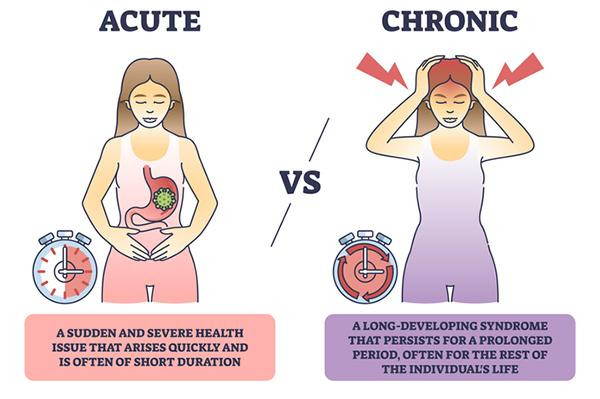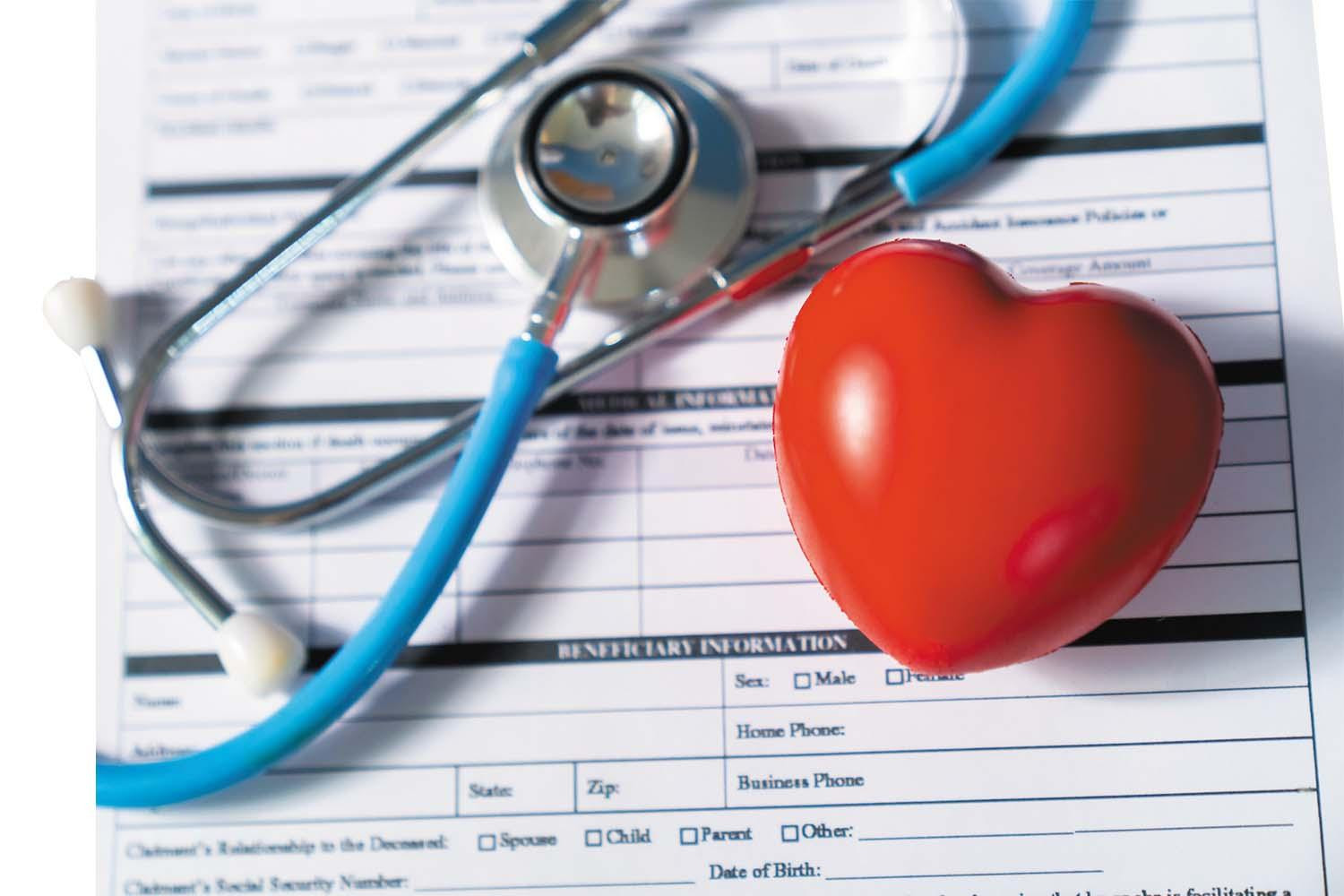
Driving with arthritis pain: Stay comfortable — and safe — behind the wheel

Daily cup of coffee may prevent afib recurrence

Gene-editing therapy lowers harmful blood fats in early study

What is EMDR therapy, and who can it help?

GLP-1 drugs versus bariatric surgery for treating obesity

Two dumbbells, three exercises, and 10 minutes

Easing the emotional burden of IBS

Modify your push-ups to meet your fitness level

What is long QT syndrome?

Stroke survivors may benefit from very low LDL levels
Emergency Planning Archive
Articles
What’s new in the latest CPR guidelines?
The 2025 cardiopulmonary resuscitation (CPR) guidelines from the American Heart Association provide recommendations for recognizing and responding to several different types of emergencies, including choking, a suspected opioid overdose, and cardiac arrest.
The heart attack and stroke emergency playbook
Everyone should learn what to do if a heart attack or stroke occurs, beyond calling 911. It helps to become familiar with heart attack and stroke symptoms, so they can be recognized. It’s also important to speak with one’s own doctor in advance, to find out if he or she advises taking an aspirin in one of those emergencies. Other precautions include keeping emergency contact and medication lists updated and handy, and talking about emergency plans with family and friends, especially one’s health care proxy.
Fear of falling: Do you have an emergency plan?
Because falls are a serious risk for people ages 65 and older, it's important to have an emergency plan in place. The plan should include a trusted contact who'll be able to help in the event of a fall, and an understanding of when to call 911 versus the doctor's office. It would also be beneficial to have a medical alert system that summons emergency contacts and 911 at the touch of a button. And it would help to consider which resources would be needed if a fall results in a long recuperation.
Packing your hurricane go bag? Make provisions for your health
When you're packing a hurricane go-bag, keep health priorities in mind. If you don't prepare in advance, you might leave behind medicines, medical supplies, important paperwork, and other essentials that can help you stay healthy. Here's how to plan ahead.
Extreme heat: Staying safe if you have health issues
Climate change has made life-threatening heat waves increasingly common across the globe. Anyone with health issues will have a more difficult time in extreme heat, including older people and people with diabetes, heart disease, asthma, and other conditions. Be prepared by knowing how to identify and treat heat-related illness, and how to plan for hot days.
Natural disasters strike everywhere: Ways to help protect your health
Increasingly, floods, fires, and extreme weather stemming from climate change are contributing to large-scale health and safety issues for people everywhere. There are steps you and your family can take to help protect your health.
Respiratory health harms often follow flooding: Taking these steps can help
Flooding due to major storms or heavy rains can harm lung health, both from toxic contaminants that end up in the air and from the growth of mold caused by dampness. Taking steps to prevent flooding when possible and moving quickly to reduce health risks if flooding occurs can help protect your family's health.
Does your advance directive really capture your wishes?
A research letter published online April 25, 2022, by JAMA Internal Medicine suggests that existing advance care directives often don't reflect people's actual wishes (based on values and beliefs) and care goals.
Why don't more people know CPR?
Fewer than half of people who experience cardiac arrest outside of a hospital receive CPR from someone nearby. Shorter, more accessible training and help from technology may encourage more people to learn and administer this lifesaving technique. Another potential barrier to performing CPR is not recognizing the symptoms of cardiac arrest. Common mistakes include pressing down on the stomach instead of the center of the chest, not compressing the chest deeply enough, or giving compressions that are either too fast or too slow.

Driving with arthritis pain: Stay comfortable — and safe — behind the wheel

Daily cup of coffee may prevent afib recurrence

Gene-editing therapy lowers harmful blood fats in early study

What is EMDR therapy, and who can it help?

GLP-1 drugs versus bariatric surgery for treating obesity

Two dumbbells, three exercises, and 10 minutes

Easing the emotional burden of IBS

Modify your push-ups to meet your fitness level

What is long QT syndrome?

Stroke survivors may benefit from very low LDL levels
Free Healthbeat Signup
Get the latest in health news delivered to your inbox!
Sign Up











